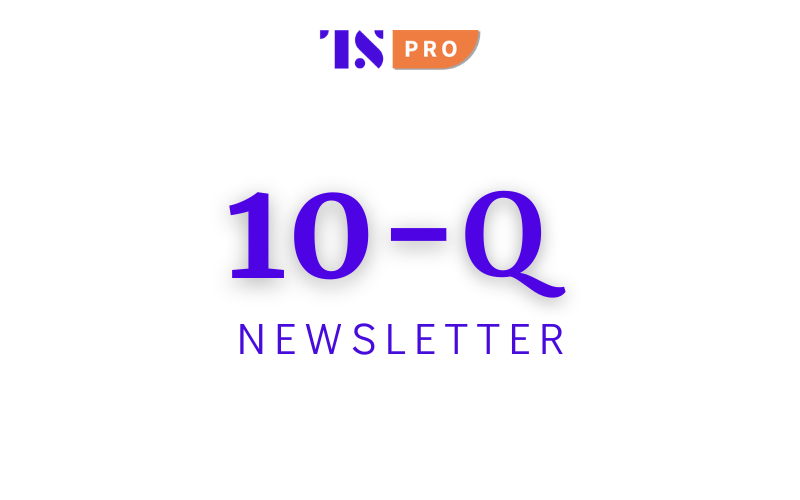10-Q, Member Exclusive
Q1’24 affirms Affirm’s upswing in BNPL
- Affirm's quarterly results indicate that back-to-back enterprise collaborations in conjunction with collective strategies are eventually winning out keeping the firm on course.
- Going forward the BNPL provider intends to focus on continuing to invest in risk management, technology, and product development.








